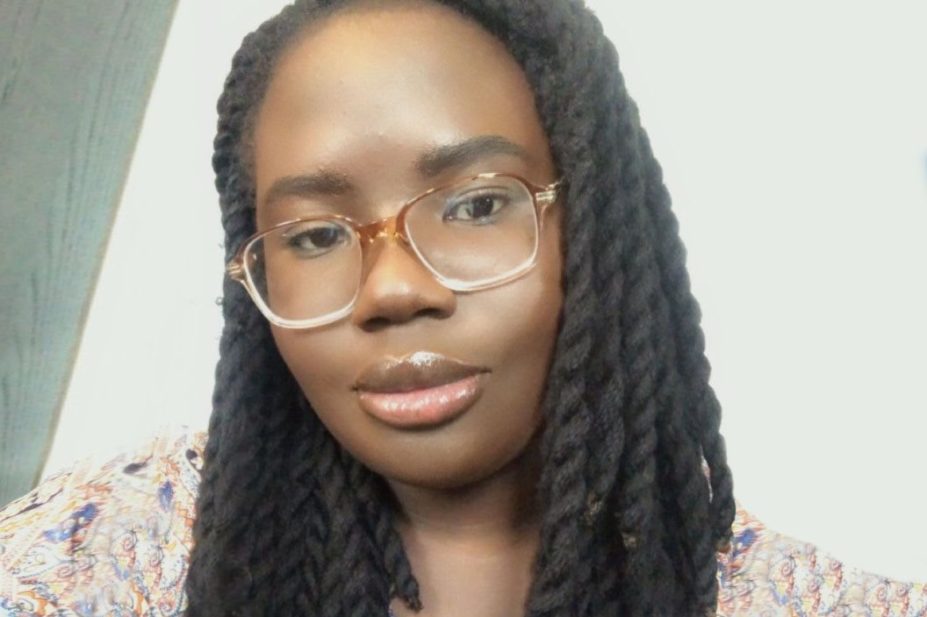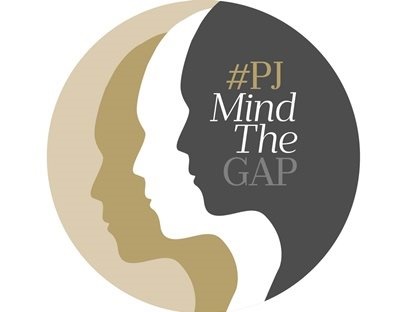
Tsariye Doro
I was born in Nigeria, but I moved to England when I was six years old. I was often the only black person in a class, so I was very aware of my race. Even mispronunciations of my name reminded me that I was different; I felt if people can’t say it properly then there must be something wrong with it. This led to me making it more palatable to people, but I know that’s not right — my name has a meaning and mispronouncing it takes away from that. When growing up, in order to fit in, I had to speak English. This led to me forgetting my original language, which I am now trying to relearn.
When I started pharmacy school, I unfortunately missed the first week of the course. Although this week did not have huge implications for my studies, I did miss out on opportunities to get to know other students. When I did arrive, everyone had already started forming friendship groups — I felt out of the loop. Most people were white or Asian; I felt like a stranger and, because I am not good in new social situations, I sat alone watching as people floated away from my table. Eventually some black girls came and introduced themselves, but initially it felt very isolating.
At university, the academic staff are mainly white. I have only encountered one black female pharmacist lecturer during my time at pharmacy school. Her patience and encouraging manner made me feel comfortable if I needed to speak to her in private. Some of the lecturers at the university are amazing and those involved with widening participation have offered themselves up for support and helped the Black Pharmacists Collective attend an event for people of a black, Asian or minority ethnic background in Birmingham.
When you get support and find lecturers who genuinely want to listen, it makes you feel like you belong. It gets you excited about coming in and learning and I think that should be how you feel about all your lecturers.
I often overlook diversity in the academic staff, but this is what students see for four years before they go into practice. I know academia is very difficult and competitive, and it is assumed the best people have ended up there. And when I don’t see someone like myself it makes me rethink my position on the ladder and what I can achieve. I think that it is important to consider the need for a diverse panel of academics as this would create a more inviting atmosphere. It is no surprise that, with a lack of representation, an awarding gap in higher education exists.
Also, if everyone is receiving the same education and there is a gap, then you must think that maybe the way education is delivered and supported is not suitable for everybody, demonstrating that it does need to be adjusted. The course wasn’t created in a day, and it won’t be fixed in a day. We need time to see change, but importantly there needs to be dialogue between those in power and those experiencing it.
Tsariye Doro is primary care & hospital executive for the Black Pharmacists Collective and a fourth-year pharmacy student at the University of Manchester.
Read more: Making the MPharm fairer: what can be done about the ethnicity awarding gap?



